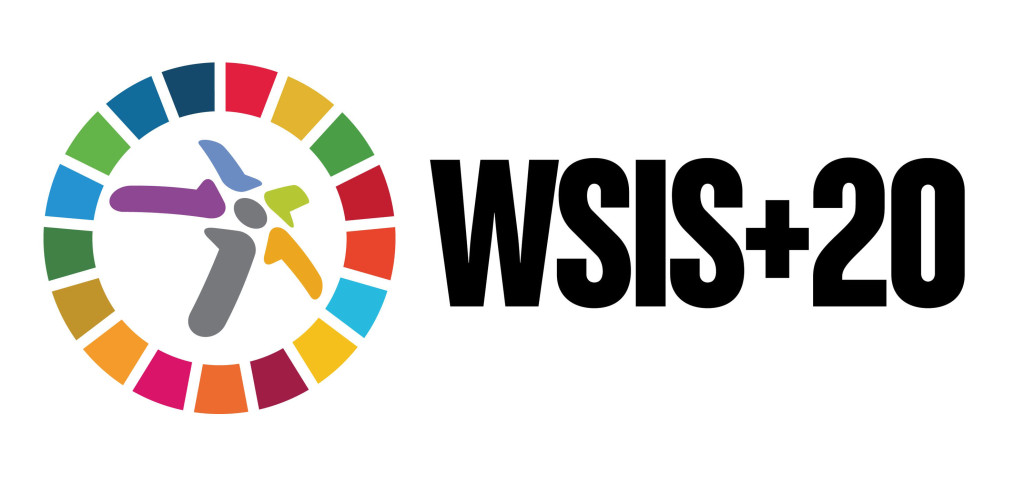Mexico’s WSIS+20 input backs permanent IGF and rights-based digital policy
Mexico’s submission to the WSIS+20 Zero Draft reaffirms a people-centred, rights-based approach to the information society and supports multistakeholder cooperation. It proposes making the Internet Governance Forum a permanent UN forum with stronger participation from developing countries and regular reporting to relevant UN bodies, and calls for coordinated action to prevent internet fragmentation.

Mexico has tabled a comprehensive set of edits to the WSIS+20 Zero Draft that reaffirm a human-rights-based, multistakeholder approach to the information society and call for stronger alignment with the 2030 Agenda, the Pact for the Future, and the Global Digital Compact. The submission draws on outcomes from the 2025 IGF in Norway and the WSIS+20 Forum, and proposes text across connectivity, human rights, environmental standards, data and AI governance, and follow-up mechanisms.
The draft underscores universal, meaningful, and affordable access, citing persistent gaps between high- and low-income countries, rural and urban areas, and men and women. It links access to multilingual local content, digital skills, device affordability, and accessibility for persons with disabilities.
On development and infrastructure, Mexico backs investment in digital public goods and digital public infrastructure, noting that models should be tailored to national contexts. It encourages financing via public–private cooperation, universal service funds, and the directions set out in the 2025 Sevilla Commitment on development finance.
The human-rights section reaffirms that rights offline must be protected online, urging states to refrain from internet shutdowns, arbitrary surveillance, and online censorship, and to safeguard journalists, human-rights defenders, and vulnerable groups. It also calls for measures addressing hate speech, misinformation, and technology-facilitated gender-based violence while protecting privacy and free expression.
On AI governance, Mexico supports the GDC approach and proposes an AI research programme and capacity-building fellowship led by the UN, with emphasis on developing countries, alongside an Independent International Scientific Panel on AI and a standing Global Dialogue on AI Governance.
For internet governance, the proposal endorses making the Internet Governance Forum a permanent UN forum, strengthening its secretariat, broadening participation (especially from developing countries), and ensuring IGF outputs inform relevant UN bodies.
Finally, Mexico outlines monitoring and review steps: harmonised indicators for meaningful connectivity, a methodological review by the Partnership on Measuring ICT for Development, annual UN system reporting, a 2027 review of the Global Digital Compact, input to the 2030 Agenda review, and a further WSIS review in 203


